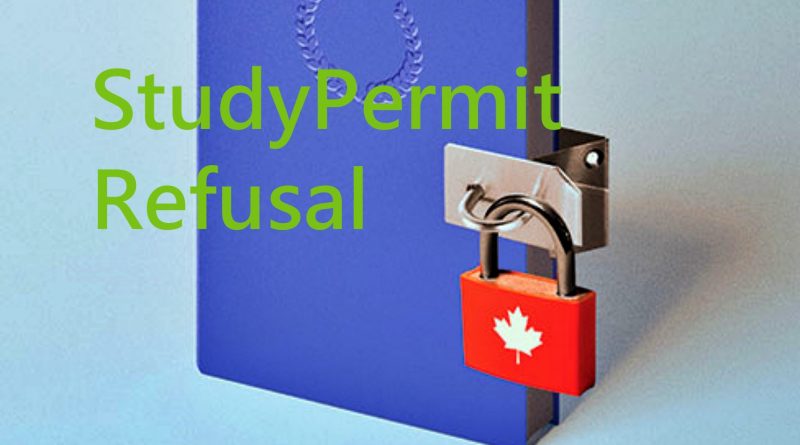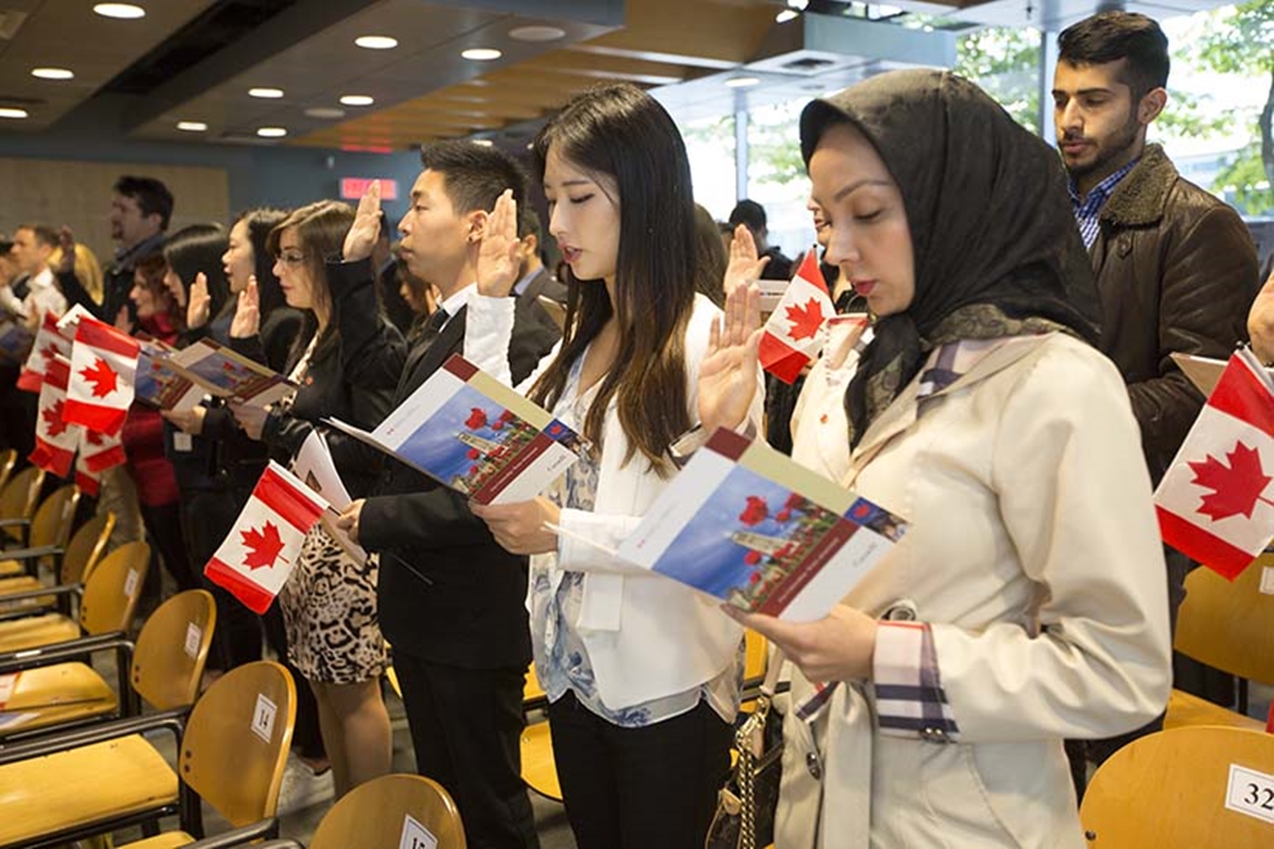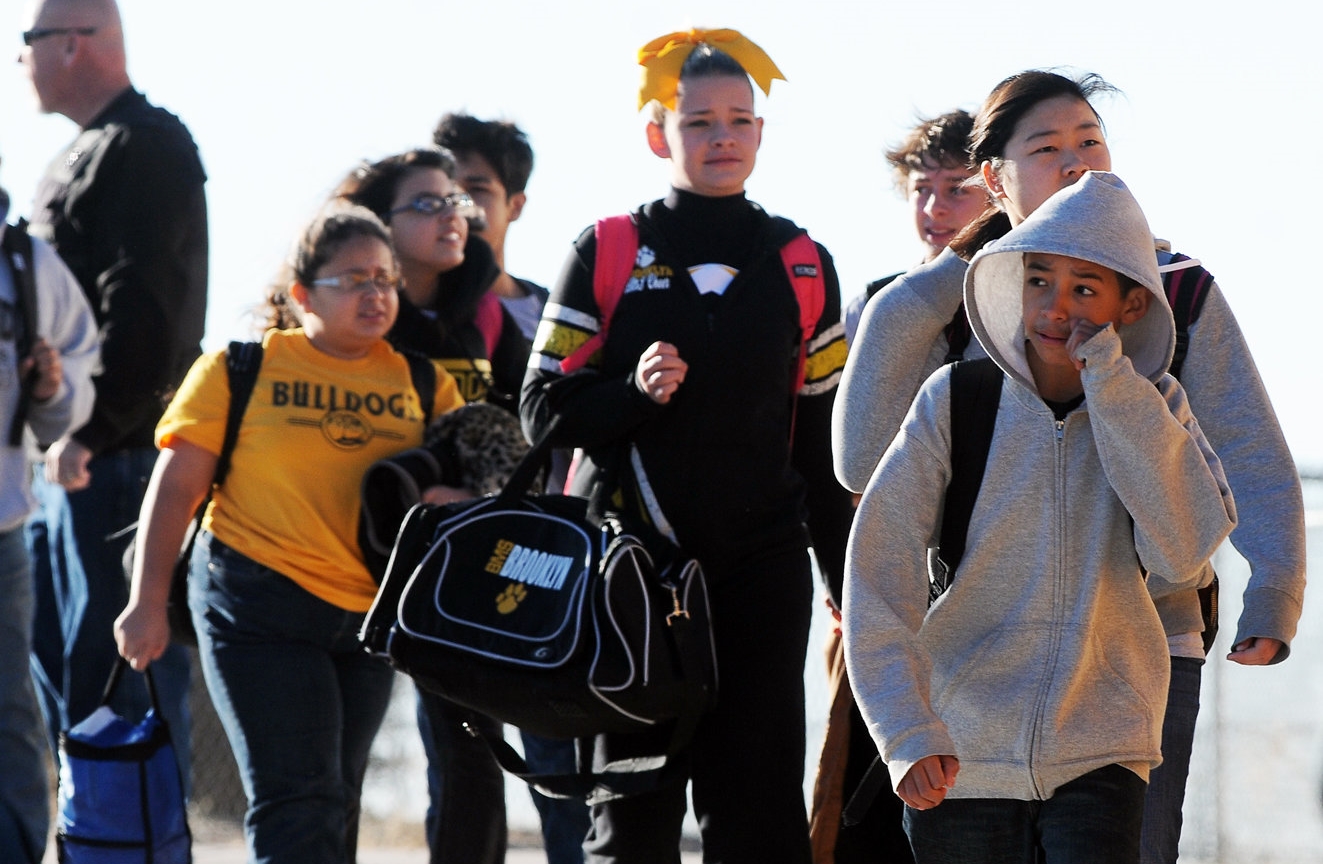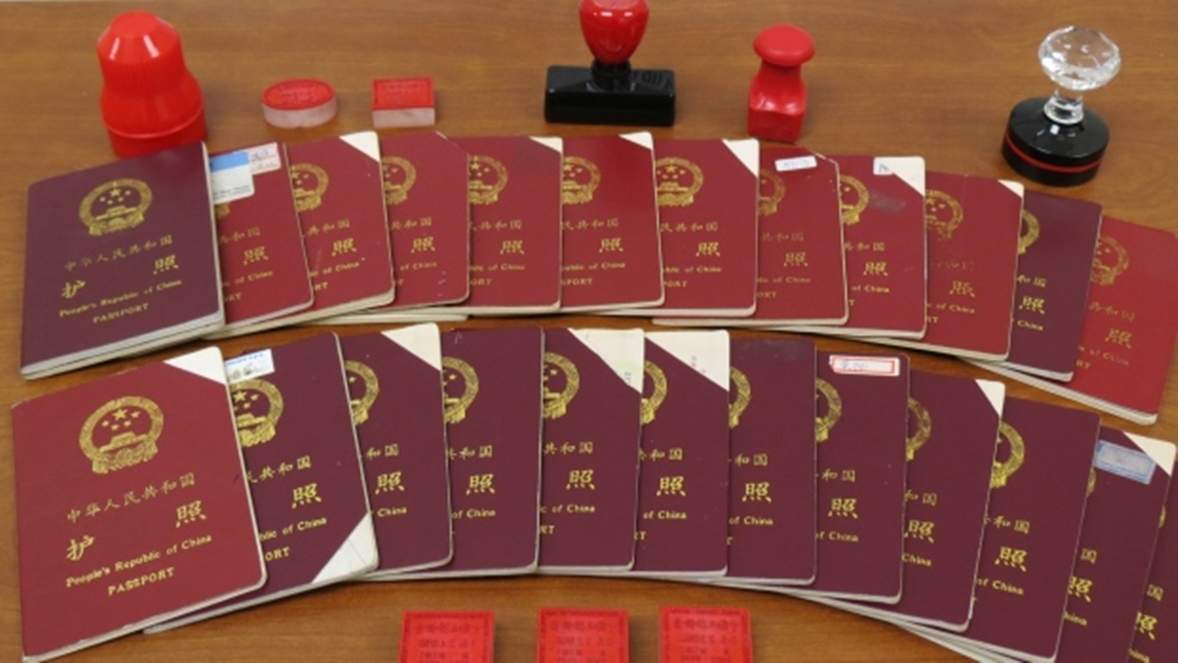High Refusal Rates on Study Permits, An Issue at Francophone Universities
BY JEAN-FRANÇOIS VENNE
University Affairs
AUG 24 2022
The application process for international student visas is putting French-language universities at a disadvantage.
IN recent years, French-speaking African students who want to pursue higher education in Canada have faced high refusal rates for study permits, even if they have already been accepted by a Canadian institution – and French-language universities are paying the price. Since 2014, the number of international students at Université du Québec à Trois-Rivières (UQTR) has climbed 142 per cent, with a 280 per cent surge in students from French-speaking African countries. “They represent 65 per cent of our international student body – the largest percentage among all Quebec universities,” says President Christian Blanchette.
But in recent years, UQTR has been struggling with the federal government’s unusually high refusal rate for study permits from students in francophone African countries – fluctuating between 78 per cent and 90 per cent between 2019 and 2022. By comparison, 90 per cent of Chinese students admitted to UQTR were granted a study permit.
And the problem isn’t unique to UQTR. Université de Montréal’s recruitment efforts in French-speaking African countries have paid off with an increase in admission applications from these countries. But there has been no corresponding increase in enrolment.
“It stands to reason that some students don’t end up enrolling because the government refused their study permit application,” says U de M spokesperson Geneviève O’Meara. “Our records show that we have to unenrol more students from Africa compared to countries like India, China and Brazil – a gap that has only widened in recent years.”
The issue affects every French-language university in Canada. Université de Moncton, for instance, began actively recruiting international students in the mid-1990s, with the goal of becoming a top study-abroad destination for the French-speaking world. However, this is hard to achieve given the visa refusal rate. “This year alone we received 4,000 international applications and made 1,500 offers, but only 200 of those candidates will end up studying here,” says U de Moncton President and Vice-Chancellor Denis Prud’homme.
‘The numbers speak for themselves’
While Immigration, Refugees and Citizenship Canada (IRCC) maintains that all applications are assessed equally, a look at the data reveals the magnitude of the problem. In 2021, the department refused 72 per cent of applications from African countries with a large French-speaking population, versus 35 per cent for all other regions of the world.
The statistics are skewed by the volume of applications from China and India, which account for nearly half of all applications. Exclude them, and the gap between French-speaking African countries and the rest of the world widens even more. Only 17 per cent of students outside of Africa, China and India were refused.
“This year alone we received 4,000 international applications and made 1,500 oers, but only 200 of those candidates will end up studying here.”
By contrast, the permit refusal rate in 2021 was over 80 per cent for students from nine francophone African countries (Algeria, Benin, Burundi, Cameroon, Central African Republic, Chad, People’s Republic of Congo, Guinea and Togo). And only five recorded a refusal rate under 60 per cent (East Timor, Madagascar, Mauritius, Morocco and Tunisia). Canada’s French-language universities are suffering the most due to this problem. “When you see the permit approval rate for international students is close to 90 per cent at McGill University versus a mere 21 cent at UQTR, the numbers speak for themselves,” says Alexis Brunelle-Duceppe, member of Parliament for Lac-Saint-Jean, Que., and vice-chair of the standing committee on citizenship and immigration.
Multiple impacts
Francophone African countries are the main source for recruiting by Canadian French-language institutions. “It’s harder for them to tap into regions like Asia, western Europe and English-speaking Africa, unlike English-language universities,” says Étienne Carbonneau, director of support for internationalization for the Université du Québec network.
There is also a financial impact on universities, since international students pay much higher tuition than Canadian students. This is especially true in Quebec, where local tuition fees are kept relatively low. But it’s hard to tell how much revenue is being lost. “Unfortunately, institutions don’t always know why a candidate doesn’t show up,” explains Mr. Carbonneau, “which makes it difficult to calculate how many students couldn’t come because their permit application was denied.”
It also makes the process of recruiting international students more cumbersome. “If it takes 100 applications to get four enrolments, the institution still has to process 100 files and issue 100 offers,” says Mr. Carbonneau. “The refusal rate for francophone African students has been so high in recent years that it’s impossible to predict.”





